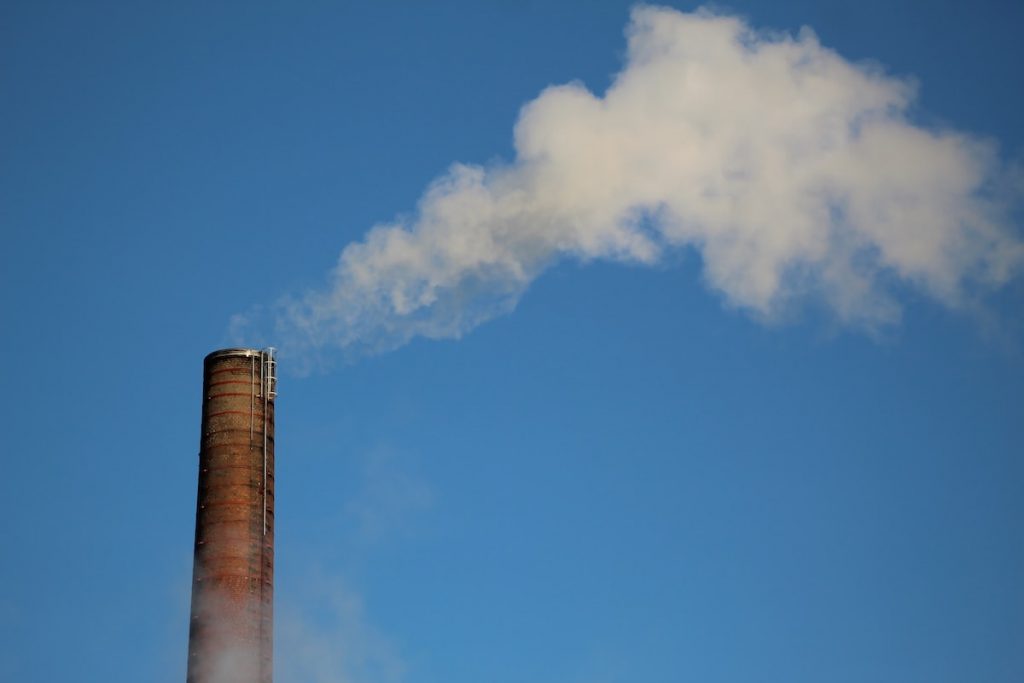
Manufacturing’s drive towards net zero is at risk of being undermined due to a lack of common carbon emissions reporting standards across the industry, according to a report which urges the development of a universal approach.
The High Value Manufacturing Catapult reported in October that although the industry produces two-fifths of the UK’s carbon footprint, current reporting is inconsistent and uses varying terminology and reporting formats. This, it says, must change to improve comparability and ensure robustness in the accounting approach.
“Tracking carbon emissions is now an integral part of a company’s annual audit,” said the Catapult’s chief executive Katherine Bennett. “Yet a myriad of different carbon accounting standards and methodologies are used, meaning that the data is rendered almost useless when combined across the manufacturing sector.”
“Given the energy intensive nature of manufacturing, this lack of common data makes tracking overall emissions reductions almost impossible and vital information can be obscured or lost,” she said. “This risks completely undermining the UK’s drive to net zero.”
The report highlights a need for companies to better understand their upstream supply chain emissions and avoid continuing a trend of offshoring manufacturing as a shortcut to reducing carbon emissions.
It also warns of a lack of detailed guidance on reporting indirect ‘Scope 3’ emissions, which include carbon emitted in the early materials extraction and processing stages of the manufacturing value chain, and can account for up to 90% of a firm’s footprint.
The ‘Embodied Emissions & Net Zero’ report calls for the government to work with the Catapult on a common framework for measuring and reporting embodied carbon emissions in the industry.
It urges the creation of ‘tighter’ guidance for upstream Scope 3 emissions and says agreement must be reached on which metrics to use and how these are appropriately contextualised.
Finally, the Catapult says a robust reporting and monitoring system should be implemented, which, it is proposed, would be overseen by an economy-wide carbon regulator.

